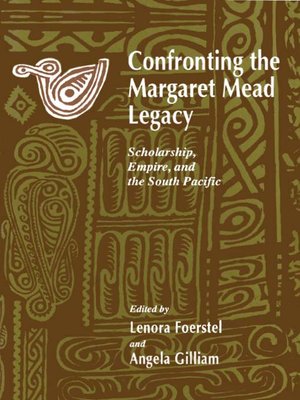
Sign up to save your library
With an OverDrive account, you can save your favorite libraries for at-a-glance information about availability. Find out more about OverDrive accounts.
Find this title in Libby, the library reading app by OverDrive.



Search for a digital library with this title
Title found at these libraries:
| Library Name | Distance |
|---|---|
| Loading... |
"...valuable information, ideas, and contrasts." —Choice The legendary Margaret Mead changed Americans' views of themselves by relating information collected from remote peoples to our society—a society that she did not consider necessarily to be the pinnacle of human development. However, Mead and her followers have been criticized for promulgating sensationalized and inaccurate images of Melanesian societies, including savagery, cannibalism, and wanton sexuality. This book deals with the consequences of such Western condescension. Destined to be highly controversial, this book for the first time brings a multicultural outlook to bear on Margaret Mead, scrutinizing her role and impact on Western anthropology, colonialism, and strategic and business interests in the South Pacific. The contributors, most of them avowedly activist supporters of the concept of a nuclear-free and independent Pacific, include Warilea Iamo, Papua New Guinea's first anthropologist; John D. Waiko, Director of the New Guinea Institute of Applied Social and Economic Research; Nahau Rooney, the daughter of one of Mead's informants, and; Susanna Ounei, a leader of a New Caledonian independence front. "This book is a remarkable portrait of a scholar and a field, both fierce and fair. The conjecture of perspectives—ethnography and empire, personal history and public practice, voices from the Pacific as well as the United States—makes a document important for assessing anthropology, both past and future." —Dell Hymes, University of Virginia, and editor of Reinventing Anthropology "Mead's attitude toward and activities in relation to her country's foreign and military policies are under scrutiny here, and so is her relationship with the subjects of her research. Such critical assessment of leading scholars is crucial to improvement of academic research and scholastic work and building trust, confidence, and good relations among poe0ples of the world." —Amelia Rokotuivuna, Young Women's Christian Association, Fiji, and former Chair of the Nuclear-Free Pacific Conference







